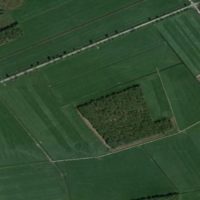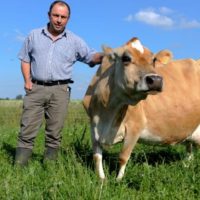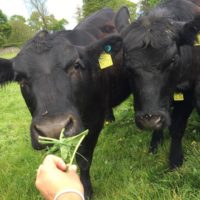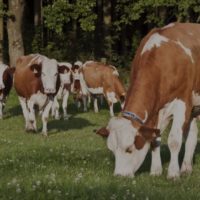Autonomy for inputs and marketing: biomethanisation and hay drying
Practice abstract
Description
The Champignol farm, pioneer in the production of biomethane, is led by Dimitri and his father. They farm Holstein dairy cows. In 1996, when Dimitri started working on the family farm, it was a common practice in the farm to discard pruning residues and use plant protection products. In 2000, Dimitri decided to buy 300 goats without having much information. It took a lot of time and energy, but did not lead to success. In 2006, they joined a biomethanization project promoted in their village, which after an uncertain beginning, was supported by the local Federation of agricultural biomethanizers (Feba) established in 2013. Biomethanization became a matter of circular economy and the Champignol farm fully contributed to it. The biogas production in the farm doubled up to the actual 200 kW of power. It serves a distribution network that allows to heat 16 homes. The heat network is fed almost autonomously with the digestate and manure produced by their cows. In 2013, Marie, wife of Dimitri, wanted the farm to become organic and almost (95%) autonomous for fodder production. More recently, other projects allowed to reinforce the farm autonomy. A small vegetable garden has been transformed into a horticultural business, including 4 greenhouses, 2 of which are heated thanks to biogas, and a farm shop has been opened, where they sell also high quality local extra-farm products and raw milk cheeses produced on their own with the assistance of a dairyman. To guarantee the quality of the cheese, the cows are fed without the use of silage. In 2018, Dimitri built a dryer powered by the heat generated by his biogas to produce high quality hay. This last investment has long payback periods, but cows produce more milk and of a better quality, which reflects in the characteristics of the cheese. For this, Dimitri has partnered with a cheese maker.
Abstract also available in:
Dutch | French | German | Italian | Polish | Swedish
Additional information
| Farming system | organic farming |
|---|---|
| Domains of innovation | forage conservation technique, marketing |
| Main types of animal | dairy cattle |
| Country | Belgium |
| Product type | Practice abstract |
| Language | English |




